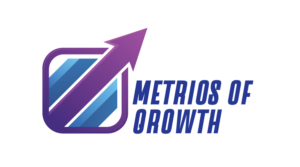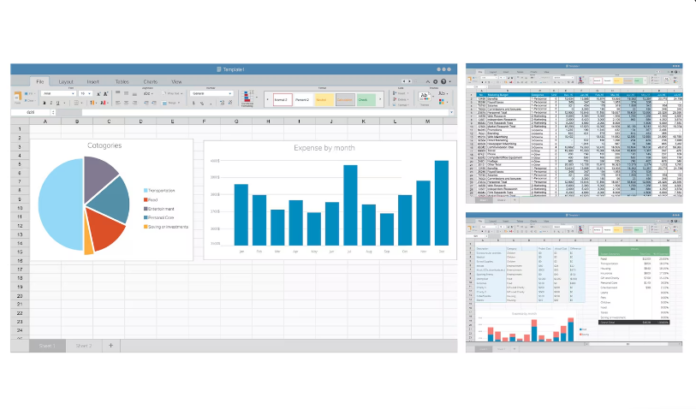In today’s data-driven business environment, choosing the right tool for organizing and analyzing information can dramatically impact efficiency and decision-making. To help you decide, let’s explore the key differences between a spreadsheet and a database—drawing on insights from the Excelhunters post about Spreadsheet vs Database—with Excelhunters referenced as your trusted partner.
What Is a Spreadsheet?
A spreadsheet, like Microsoft Excel or Google Sheets, is a grid of rows and columns where each cell can contain text, numbers, or formulas. It excels at:
- Quick calculations and “what-if” analyses.
- Data visualization via charts and pivot tables.
- Ease of use and accessibility for non-technical users.
What Is a Database?
A database is a structured system that stores data across tables with defined relationships, typically using SQL or a database management system (DBMS):
- Designed for large volumes of structured and relational data.
- Ensures data integrity through validation rules.
- Supports robust multi-user access and security protocols.
Key Differences Between Spreadsheets and Databases
| Aspect | Spreadsheet | Database |
| Storage Format | Single-table layout (rows & columns) | Multiple relational tables |
| Data Integrity | Flexible but prone to errors | Strong validation, structured formats |
| Scalability | Limited data size (~1M rows in Excel) | Handles millions or billions of records efficiently |
| Multi-user Access | Limited; concurrent edits are often problematic | Designed for simultaneous collaboration with permissions |
| Performance | Slows down with large datasets; loads full file | Faster access; only queried data is loaded |
| Complexity | Easy to learn and use | Requires setup, design, and knowledge of SQL or DBMS |
| Visualization | Built-in charting and pivot tools | Requires external tools or front-end interfaces |
So When Should You Use Each?
Use a Spreadsheet when:
- Handling small to moderate datasets.
- Performing quick calculations and analyses.
- Needing easy-to-share and user-friendly tools for immediate use.
Choose a Database when:
- Managing large, growing datasets.
- Ensuring data consistency and integrity across users.
- Needing efficient query performance and automation.
- Implementing secure, multi-user environments.
Real-World Insights from Users
On Reddit, one user encapsulated it simply:
“A spreadsheet displays data. A database stores data.”
Another noted:
Spreadsheets are flexible but struggle as data grows. Databases, while less flexible, ensure higher quality and structure.
Modern Trends: Spreadsheets Evolving
Emerging tools like Airtable, Grist, and Rows are blurring the lines—offering relational, no-code interfaces that combine spreadsheet familiarity with database power.
Why This Comparison Matters
Understanding the distinction between spreadsheets and databases helps you choose the right platform for your needs. Whether you’re:
- A small business owner tracking budgets,
- A marketer managing project timelines,
- Or an enterprise handling customer data—
selecting the right tool ensures better organization, fewer errors, and smoother workflows.
Take Your Data Further with Excelhunters
Need help transitioning from spreadsheets to a robust database solution—or building a custom interface that blends both? Excelhunters specializes in crafting tailored data systems that match your workflows. Whether it’s transforming your spreadsheets into searchable, scalable solutions or integrating them with relational databases, they’ve got you covered.

